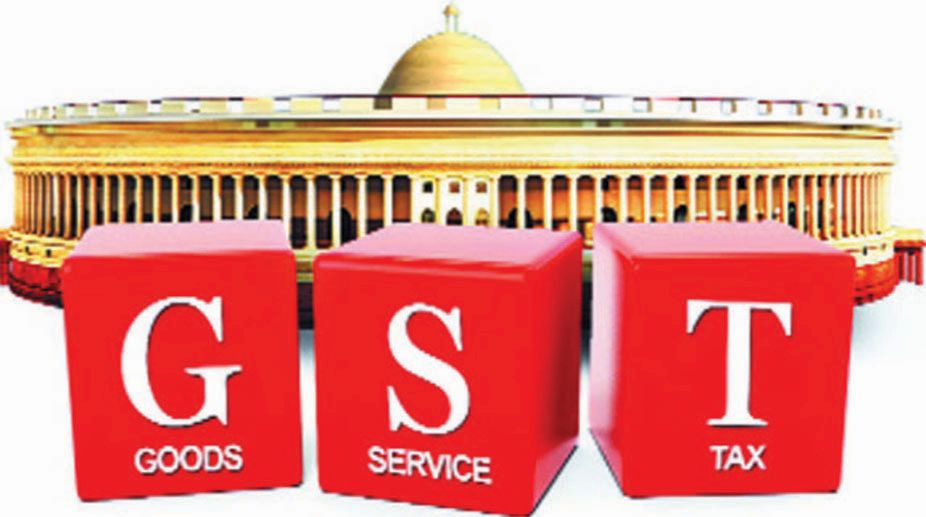It is part of the function of entrepreneurs to operate in an environment of ambiguity. Customer tastes are fickle, low-cost competitors emerge, sales channels alter. This uncertainty is the nature of the game of commerce. But laws establish the rules of the game. The notion of private property, the enforceability of contracts, the limited liability of corporations ~ these are foundations on which a business is built. These rules, as far as possible, ought to be practical and predictable and it must be an article of faith that those who break these rules will not prosper. Otherwise moral hazards ensue.
Over time our society will evolve, and hopefully we will become more prosperous, sophisticated and technologically adept. Laws will need to follow suit and provide a level playing field to protect lay investors and customers. It is in this context that I would like to discuss how some landmark laws have been enacted and how society will benefit.
Advertisement
As businessman we find it convenient to understand the laws in terms of how it affects line-items of the balance sheet. These include Cash and Marketable Securities, Inventory, Accounts Receivables, Debt and Fixed Assets.
Over the past year GST has had a transformative effect on cash flow and inventory, IBC on Accounts Receivables and Debt, RERA on asset prices and demonetisation on cash and marketable securities. I would suggest all the laws are well considered ~ transformative, bold and progressive ~ and relevant for a twenty-first century India. But the results emanating from these laws have often trailed expected outcomes, and for this I feel the hitch has been that these laws have relied on sometimes creaky, understaffed and cumbersome institutions, whether in terms of the procedures of implementing the law, the personnel or the physical infrastructure.
GST as we know is basically a free trade agreement within states of India that was overdue and is welcome. Indian states have sometimes had more restrictive trade terms than different nations within EU or North America. The law will rationalise what a firm will produce and outsource, how much and where it will stock those goods, and share the tax liability between producers and customers. These will reduce working capital and make the transaction process seamless. Taxing each participant in the supply chain and reversing charges in subsequent stages will mitigate opportunities to game the system. The overall impact is expected to raise the tax net and increase GDP of India by around 2 per cent.
However, I feel it is fair to say that we are yet to fully benefit. The IT backbone that underpins this law has been full of bugs, some aspects of the law have constantly been tweaked and the confusion that ensued caused exports to suffer and inventory to be de-stocked around mid-2017.
Demonetisation was well intentioned and revolutionary but struggled partly due to a creaky banking infrastructure.
The main scope of Insolvency and Bankruptcy Code (IBC) are financial creditors. The law is again excellent. It will give powers to the banks to make good on the debt contract and liquidate unsuccessful promoters. It will develop the bond market, increase India’s credit circulation and ultimately make it easier for borrowers to get well-priced loans. And the IBC has started off well: RBI notified large defaulters, resolution professionals were chosen and the process in on its way in several NCLTs. But unless a good, fair system is created for sundry debtors’ recovery, a good factoring and legislative infrastructure is put in place, IBC will be hampered due to the weight of the numerous cases.
This is because Accounts Receivables is an issue in India. Receivables allow buyers to buy and sell some of the goods onward before paying up. It can lubricate sales and maximise revenue. If however Receivables aren’t recoverable a civil suit needs to be instituted. On average that means 1445 days in court and even then the money is seldom returned. Under these circumstances a businessman would only feel comfortable doing business with a firm with which he is personally acquainted. This limits the size of the market. A majority of the cases at IBC now relates to these operational creditors.
RERA concerns assets ~ for individuals, the biggest asset a person buys often is his home. The real estate market has developed rapidly since 2000 and is today a giant. The Act seeks to improve it further and make the process of buying a home safe and transparent. It assures a buyer that a developer has the necessary permission in place to build his home and that if they have paid an advance, the money isn’t squirreled away to other uses.
However, projects are log-jammed due to non-receipt of permission from local, state and central ministries. After submissions are made, rules are changed and the process takes another onerous turn. Good suppliers of real estate are stymied due to inaction by local governments that sometimes have little concern and face no consequence. The institution of the permitting authority must be fortified while adding compliance requirements for the permission seeking body.
India has had brilliant drafters of laws ~ from our Constitution to laws on companies and the environment. Yet the result on the ground has not been without problems. The Indian habit of adapting ~ the jugaad principle that allows us to sometimes be frugal and nimble isn’t probably suited to implementation of laws. Too many people and many businesses suffer from its consequence and it helps knaves prosper. Let us hope that along with good laws, good institutions to implement laws will evolve in India which will bring justice in the form that these laws envision.
(This article is modified from a lecture delivered at 8th National Law Summit on 20 January in Delhi.)
The writer is Senior Vice-President of Indian Chamber of Commerce and Chairman of Obetee Ltd.









